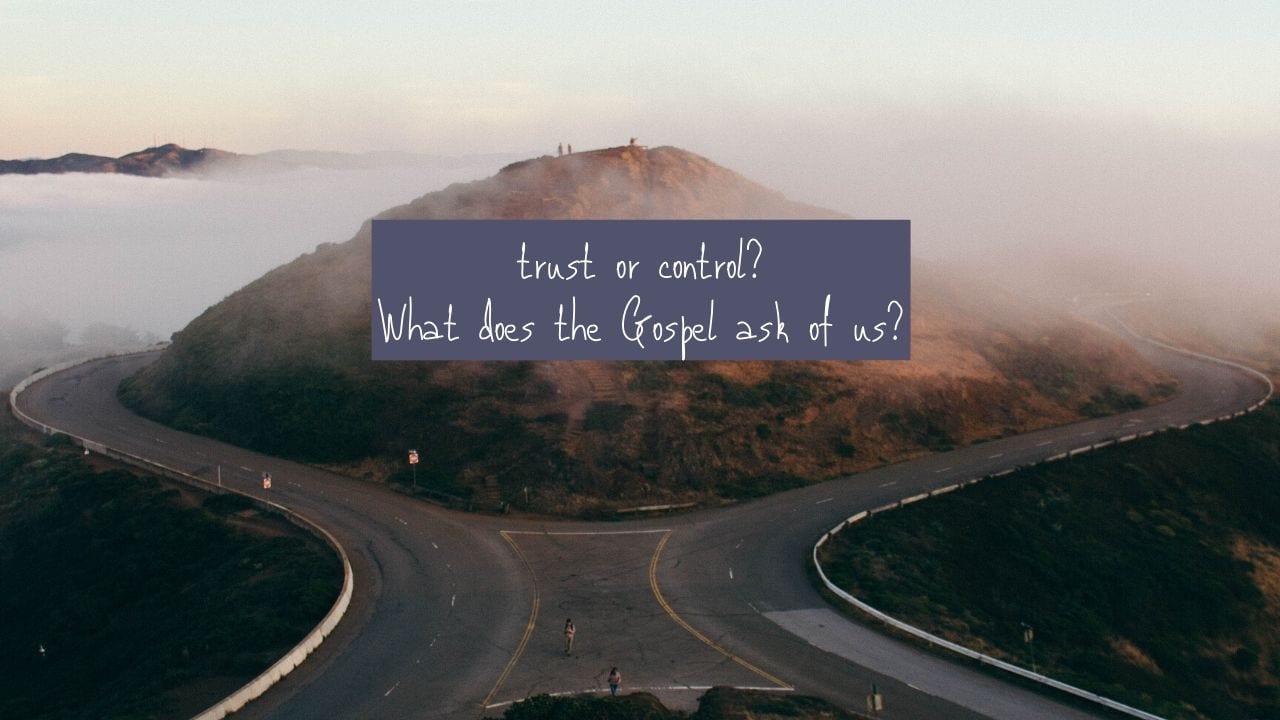Herod vs. The Magi
Then Herod called the magi secretly and ascertained from them the time of the star’s appearance. He sent them to Bethlehem and said, “Go and search diligently for the child. When you have found him, bring me word, that I too may go and do him homage.” Matthew 2:7-8
It is not difficult at all to contrast King Herod and the Magi. Herod is fundamentally closed, protective, seeking to hold on and preserve what has been. When he hears that there is a newborn ‘king of the Jews’ he is, frankly, disturbed. Because that is who he is. That’s his title. He is the king of the Jews. Herod’s behavior follows a very familiar script: that of the frightened tyrant. He seeks advice from the priest and the scribes, but does so without telling them why he’s asking for the information he needs. Next, he meets with the Magi but does so in secret. And he asked them to do his work for him, “You go in search and find the newborn king.” Harod pretends that he wants to also go and do him homage.
But Herod’s plans are thwarted when the Magi don’t listen to him. Herod, the master deceiver, has, himself, been deceived. And, so predictably, consulting no one, he gives into his anger and his insecurities and orders that every child 2 years old and younger in Bethlehem should be put to death.
The Magi on the other hand prove themselves to be fundamentally open; willing to adjust, change, and to grow. The mere fact that they are willing to leave their own country and go on a difficult journey to recognize and give homage to the newborn king, a foreign king to them, is itself rather remarkable. Following proper protocol, they present themselves to King Herod despite his reputation for duplicity and a reputation that has already reached Rome. So we can assume that the Magi must have been aware of it. They proceeded to Bethlehem and they literally open their coffers and present Mary and the Child Jesus with their gifts. And then, again, they are willing to adjust and change by returning to their country by a different way.
No wonder the story of the Epiphany is so enduring! In this brief story Matthew presents this question; it’s a question that sits before his own community and that really will sit before the church for it’s next two thousand years; and it’s a question that each disciple has to face: does the Gospel of Jesus Christ call us to hold on, to protect, to control? Or does the Gospel of Jesus Christ challenge us to be open, to trust, be vulnerable? We hear the story and we see this contrast and we raise these questions in this time of Christmas, a time of God becoming human. we see and celebrate the very example God has placed before us in God’s very self. And it is not difficult at all to grasp the direction to which the Gospel summons us.
But Herod’s plans are thwarted when the Magi don’t listen to him. Herod, the master deceiver, has, himself, been deceived. And, so predictably, consulting no one, he gives into his anger and his insecurities and orders that every child 2 years old and younger in Bethlehem should be put to death.
The Magi on the other hand prove themselves to be fundamentally open; willing to adjust, change, and to grow. The mere fact that they are willing to leave their own country and go on a difficult journey to recognize and give homage to the newborn king, a foreign king to them, is itself rather remarkable. Following proper protocol, they present themselves to King Herod despite his reputation for duplicity and a reputation that has already reached Rome. So we can assume that the Magi must have been aware of it. They proceeded to Bethlehem and they literally open their coffers and present Mary and the Child Jesus with their gifts. And then, again, they are willing to adjust and change by returning to their country by a different way.
No wonder the story of the Epiphany is so enduring! In this brief story Matthew presents this question; it’s a question that sits before his own community and that really will sit before the church for it’s next two thousand years; and it’s a question that each disciple has to face: does the Gospel of Jesus Christ call us to hold on, to protect, to control? Or does the Gospel of Jesus Christ challenge us to be open, to trust, be vulnerable? We hear the story and we see this contrast and we raise these questions in this time of Christmas, a time of God becoming human. we see and celebrate the very example God has placed before us in God’s very self. And it is not difficult at all to grasp the direction to which the Gospel summons us.

